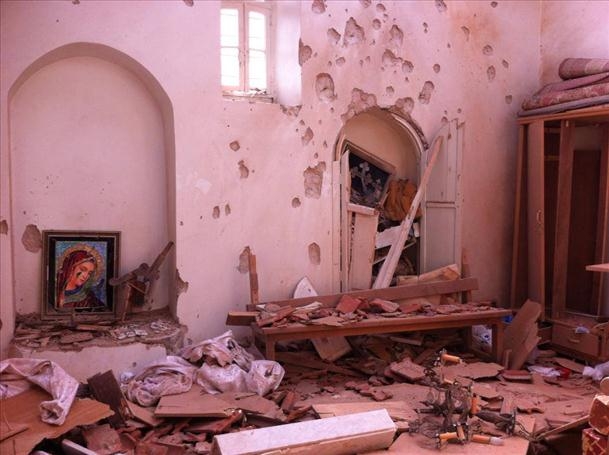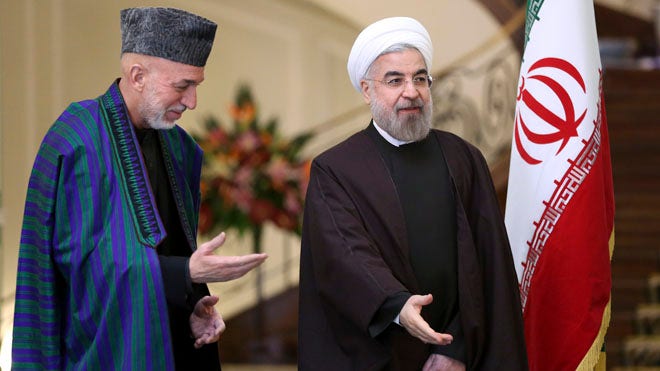The interim deal between Iran and world powers didn’t push back Iran’s ability to develop a nuclear weapon, former military intelligence chief Amos Yadlin said Sunday, warning that the Islamic Republic is now a “nuclear threshold state” and is on the verge of producing an atomic bomb.
Speaking at a conference organized by the Institute for National Security Studies in Tel Aviv, Yadlin said the West had turned a blind eye to Iran’s nuclear ambitions for years, and hadn’t taken the necessary steps to curb such aspirations.
The recent interim agreement between the P5+1 world powers and Iran did not postpone Tehran’s ability to produce nuclear arms, Yadlin said, as Iran had made crucial advances in its nuclear program before its delegates arrived in Geneva last month.
“The fact that Iran is a nuclear threshold state does not derive from this agreement, but because the Iranians have developed capabilities for years, and no one can stop them,” Yadlin said.
“Iran is on the verge of producing a bomb. It’s sad, but it’s a fact,” he added.
Representatives of Iran and the P5+1 nations are set to meet in Geneva later this week to iron out unresolved aspects of the agreement, which was reached early last Sunday in the Swiss city after a weekend of intensive negotiations.
Likud MK Tzachi Hanegbi, who also attended the conference, criticized the Geneva deal, calling it a “moral defeat,” and accused the West of “accepting a final agreement which would allow Iran to enrich uranium.”
“If this is not moral defeat, what is moral defeat? If this is not surrender, what is surrender?” he inquired.
The Likud MK, one of Prime Minister Benjamin Netanyahu’s closest confidants, went on to reiterate Yadlin’s assertion that Iran was only a few months away from reaching nuclear weapons capabilities.
Netanyahu has slammed the Geneva deal as a “historic mistake” and said Israel is not bound by it.
On Thursday, the former head of the Israeli National Security Council railed against the nuclear deal between world powers and Iran in an op-ed piece in the
New York Times, calling the accord a diplomatic failure that missed the mark in diverting Tehran’s nuclear weapons program.
“Iran made only cosmetic concessions to preserve its primary goal, which is to continue enriching uranium,” Yaakov Amidror wrote. “The agreement represents a failure, not a triumph, of diplomacy,” he said.
“Might economic relief, reduced isolation and new goodwill lead to greater pressure on the Iranian regime to reach a fuller agreement later?” he asked. “I doubt it… Anyone who has conducted business or diplomatic negotiations knows that you don’t reduce the pressure on your opponent on the eve of negotiations. Yet that is essentially what happened in Geneva.”

























